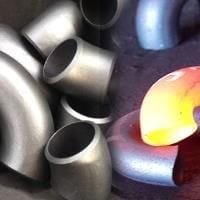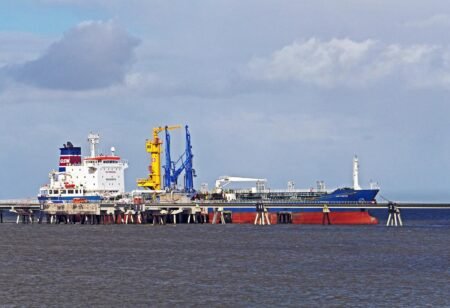(BRUSSELS) – The EU Commission introduced safeguard measures on imports of steel products Wednesday, to address the diversion of steel from other countries to the EU market as a result of recently imposed US tariffs.
The safeguard measures will come into effect on Thursday 19 July. Traditional imports of steel products will not be affected.
The Commission says the measures are being introduced as a result of ‘trade diversion’ caused by the tariffs on steel products applied by the United States as of 23 March, which could result in ‘serious harm to EU steelmakers and workers in this industry’ as exporting steel to the United States becomes less attractive.
With steel suppliers diverting some of their exports from the US to the EU, the EU is taking action to avoid a sudden increase of imports that would cause further economic problems for EU steel producers who are already suffering from global overcapacity.
“We are left with no other choice than to introduce provisional safeguard measures to protect our domestic industry against a surge of imports,” said Trade Commissioner Cecilia Malmstroem: “These measures nevertheless ensure that the EU market remains open, and will maintain traditional trade flows.
” I am convinced that they strike the right balance between the interest of EU producers and users of steel, like the automotive industry and the construction sector, who rely on imports,” she added. The EU executive says it will continue to monitor steel imports and would be taking a final decision by early next year at the latest.
The provisional measures concern 23 steel product categories and will take the form of a Tariff Rate Quota (TRQ). For each category, tariffs of 25% will only be imposed once imports exceed the average of imports over the last three years. The quota is allocated on a first come first serve basis, thus at this stage not allocated by individual exporting country.
These measures are being imposed against all countries, with the exception of some developing countries with limited exports to the EU. European Economic Area (EEA) countries (Norway, Iceland, and Liechtenstein) have also been exempted.
An additional duty of 25% will be levied only after the usual level of imports over the last 3 years has been reached. The 25% tariff has been calculated by using an economic so-called partial-equilibrium model which is a standard tool for trade policy analysis by investigating authorities, including the Commission. On the basis of certain facts and assumptions (exclusion of US imports, expected trade diversion, import substitution, etc.) the model is used to establish an out-of-quota tariff that provides a deterrent for imports that go beyond the historic import level.
The provisional safeguard measures can remain in place for a maximum of 200 days. All interested parties will now have the opportunity to comment on the findings of the investigation so far. The Commission will take these comments into consideration in order to reach its final conclusion, at the latest by early 2019. If all conditions are met, definitive safeguard measures may be imposed as a result.
According to WTO rules, safeguard measures should apply to all imports, irrespective of their origin. However, the WTO also requires that if the imports of developing countries represent less than 3% of the total imports, these imports should be exempted. The Regulation therefore contains a list of developing countries that are exempted from the measures.
For 12 steel product categories covered by the provisional safeguard measures, imports from e.g. China, Russia, Ukraine are currently subject to anti-dumping and countervailing duties. In order to avoid the imposition of “double remedies”, whenever the tariff quota is exceeded, the Commission will consider the suspension or the reduction of the level of these duties to ensure that the combined effect of these measures does not exceed the highest level of the safeguard or anti-dumping/anti-subsidy duties in place.
The Commission says it has received overwhelming support for these measures from the EU Member States.
Next to the safeguards announced today, the EU three-pronged response to the US tariffs on steel and aluminium includes rebalancing measures targeting US imports, imposed on 20 June and a legal action in the WTO launched on 1 June.








